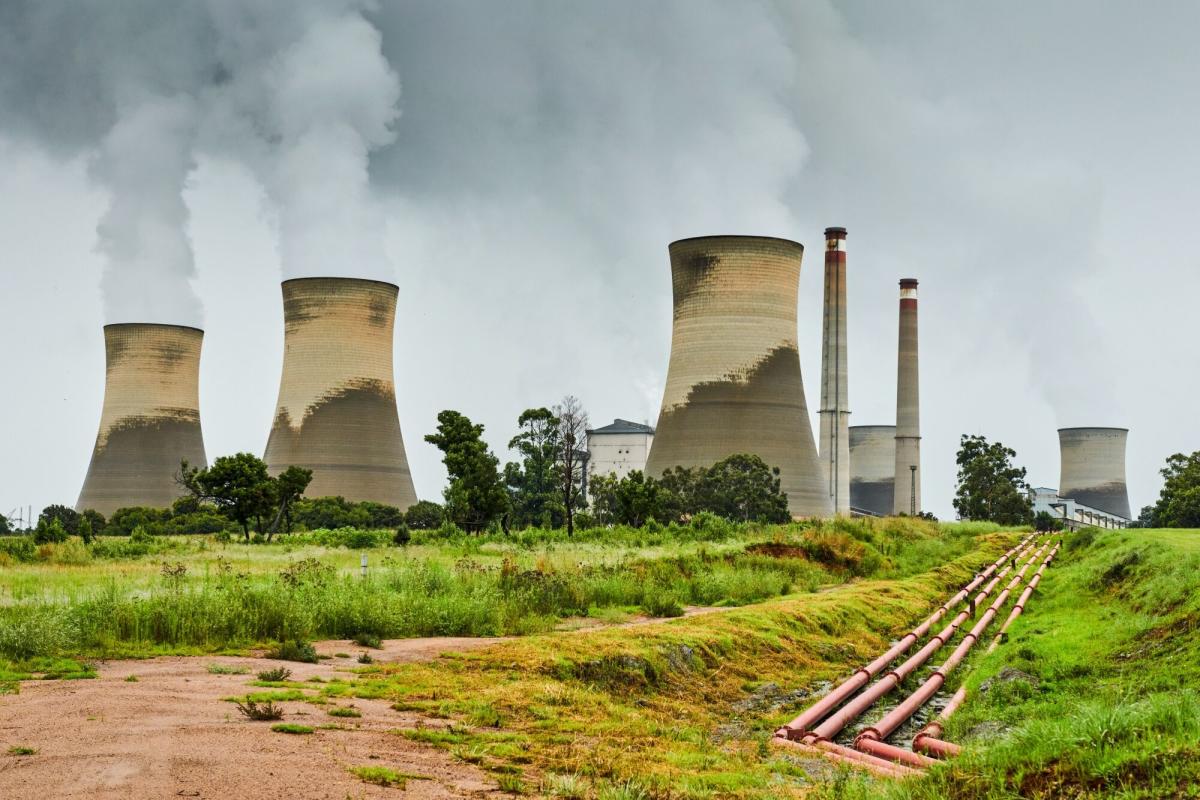
Eskom Disputes Greenpeace Report on World’s Worst Emission Sites, Calls for Continuous Improvement
South Africa’s state power company, Eskom Holdings SOC Ltd., has disputed the findings of a Greenpeace report that identified it as operating many of the world’s worst emission sites for toxic nitrogen dioxide and sulfur dioxide. The Major Air Polluters in Africa report, released by Greenpeace in collaboration with the Centre For Research on Energy and Clean Air, claimed that coal-fired plants operated by Eskom account for five of the world’s 10 biggest single-source nitrogen dioxide emission sites and two of the 10 worst sulfur dioxide sites.
In response to queries regarding the report, Eskom stated that it believes the Greenpeace report relies on satellite interpretation of high levels of nitrogen dioxide and sulfur dioxide in the troposphere, linking them to direct health impacts at ground level. The company acknowledged that South Africa faces significant air pollution challenges due to its heavy reliance on coal for more than 80% of its electricity generation. However, Eskom argued that its emission standards are not consistently enforced, despite being less strict than those of major polluters China and India.
Eskom stated that at ground level, its plants generally comply with South African nitrogen dioxide emission levels, attributing any non-compliance to nearby vehicle traffic and other industrial sources. The company mentioned that its newer coal-fired plants, such as Medupi, Kusile, and Camden, are equipped with technologies like low NOx burners and flue-gas desulfurization units to reduce emissions of nitrogen dioxide and sulfur dioxide. However, Eskom also acknowledged that equipment at Kusile is currently not in use following an accident.
Despite this setback, Eskom acknowledged the need for continuous improvement to further mitigate its environmental impact. The company stated that it is committed to reducing emissions from all sources and will continue to invest in new technologies and practices to improve air quality in South Africa.

